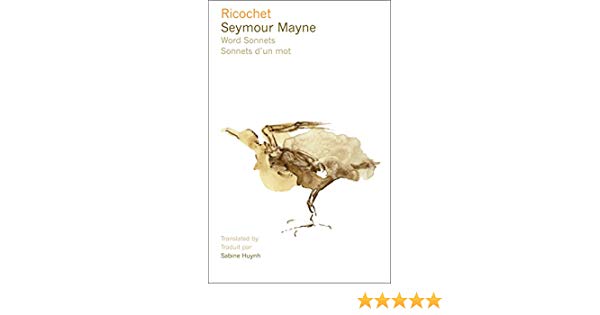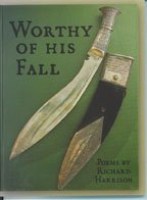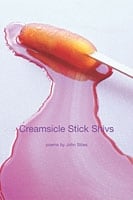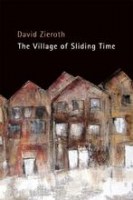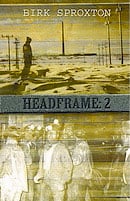
Headframe: 2 by Birk Sproxton
Review by Rob Mclennan. I haven’t read any of Sproxton’s work before, but it would be difficult to not know that he has been publishing for years, including the long poem Headframe: (Winnipeg MB: Turnstone Press, 1985), the novels The Red-Headed Woman with the Black Black Heart (Turnstone Press, 1997) and The Hockey Fan Came Riding (Turnstone Press, 1990), and the collection Phantom Lake: North of 54 (Edmonton AB: University of Alberta Press, 2005). His newest collection is a follow-up to his long poem, the collection Headframe: 2 (Turnstone Press, 2006). A prolific editor, he is also responsible for the collections The Winnipeg Connection: Writing Lives at Mid-Century (Winnipeg MB: Prairie Fire Press, 2006), Trace: Prairie Writers on Writing (Turnstone


